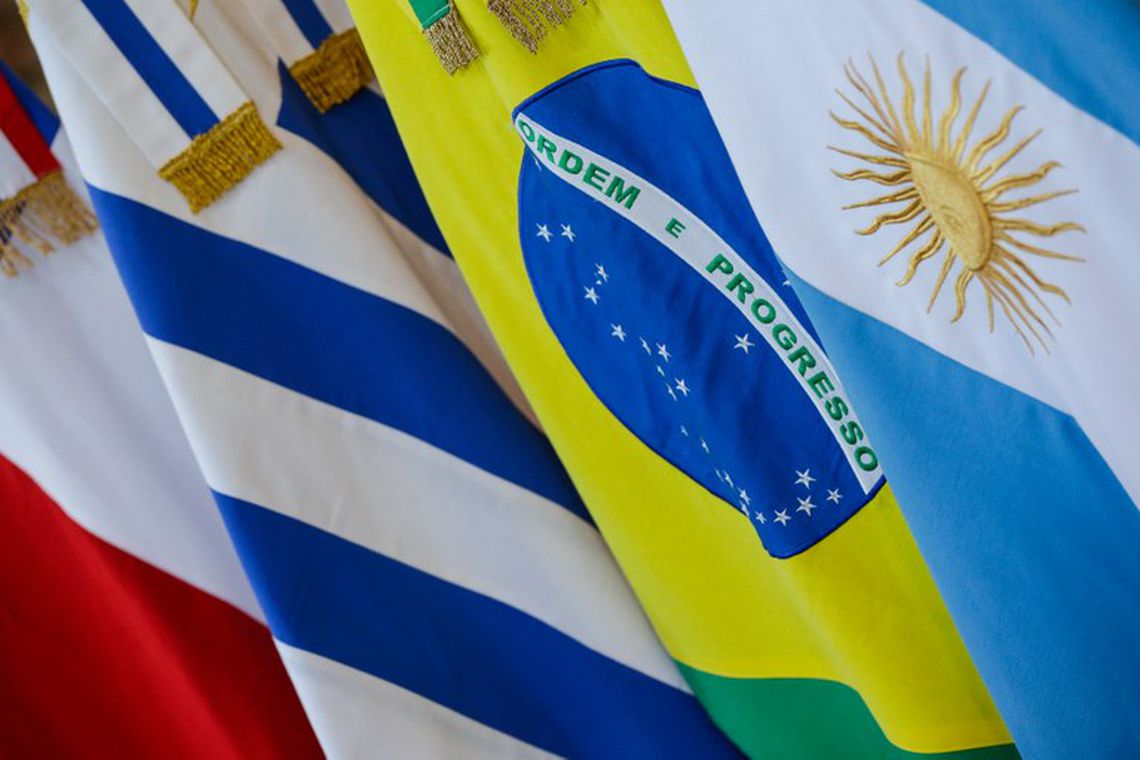RIO DE JANEIRO, BRAZIL – The Intra-Mercosur Cooperation and Investment Promotion Protocol for Brazil and Uruguay came into force this week, and the two countries have already signed the document. Argentina and Paraguay have yet to adopt the agreement into their own legal systems so that it will also apply to the two partners of the South American bloc.

According to the Ministry of Foreign Affairs, the protocol establishes mechanisms to assist investors in solving practical difficulties, as well as to access the information and procedures required to carry out their investments.
According to Itamaraty, the document aims to expand the network of investment cooperation agreements already signed by Brazil with other countries. The goal is to encourage foreign investment and the globalization of Brazilian companies.
The head of the Department for Promotion of Services and Industry of the Ministry of Foreign Affairs, Minister Luiz Cesar Gasser, explains that when foreign investors have questions regarding legislation or administrative procedures or a complaint about specific issues, they can trigger action by a government body that has been designated to deal with these requests.
In Brazil, the Executive Secretariat of the Foreign Trade Chamber (Camex), of the Ministry of Economy, is in charge of taking consultations or complaints from investors.
“It acts as an agency that will provide prompt feedback to the investor. It is a mechanism for the facilitation of investments and the prevention of disputes,” said Gasser.
According to the diplomat, the aim is to avoid, as far as possible, that an issue be resolved through arbitration. Gasser explains that, traditionally, investment agreements have provided for an arbitration clause with very high costs.
“This is the historical pattern: when a company feels aggrieved in its interests and investments, it may initiate an arbitration action against a country. This leads to very high expenses when hiring law firms. Each party chooses an arbitrator, and the two chosen arbitrators appoint a third one.”
As part of the intra-Mercosur protocol, a joint committee will be formed to settle a complaint under this agreement. “A solution is always sought among governments in order to reconcile.”
If there is no consensual solution, as a last resort, an arbitration may be requested. “In this case, arbitration takes place between states,” said the minister.
Gasser points out that attracting investment is a matter of great interest to Brazil at this time and that the government is seeking to establish mechanisms to ease the influx of foreign investors. “We are engaged in attracting investments in infrastructure, for instance.”

